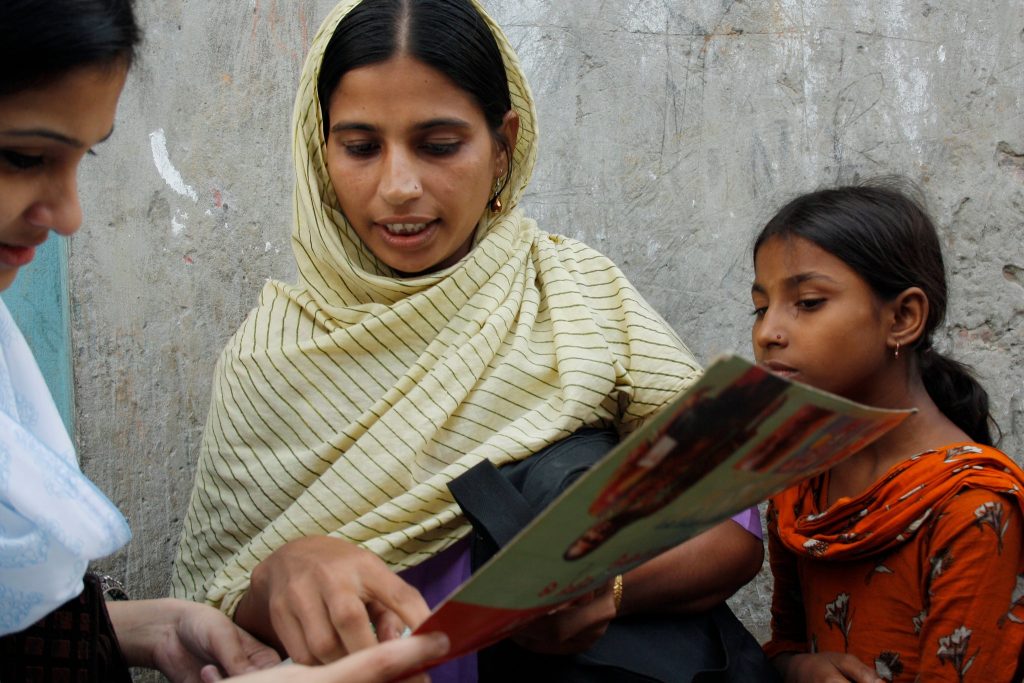A new research project is setting out to unlock the potential of combining health monitoring data with climate datasets that cover the same times and regions to improve our understanding of the impact of climate on human health. With funding from the Wellcome Trust, this 12-month project brings together expertise from afrimapr (Liverpool School of Tropical Medicine), WorldPop (University of Southampton), and Talarify (based in South Africa). This research partnership will explore the availability and shareability of geographic information associated with longitudinal population studies (LPS).
LPS track the health of large groups of people over many years. Different LPS may record very different variables, such as health conditions, genetics, socio-economics and behaviour. A recent Wellcome report by researchers at Lancaster University has demonstrated the potential for using these LPS data in climate-health research.
To be able to link these health data with climate, we need to know the geographic areas that the data were collected from. Existing population health datasets tend not to have this geographic information readily available. In this pilot project we will reach out to selected LPS data owners and review and collate the available geographic information. Part of the project will be to assess the findability of data owners and their ability to contribute to this process. We aim to collect a range of information including:
- is geographic data collected or available at the study, subgroup or individual level?
- how are locations represented, by names or points or area boundaries?
- what areas and time periods do geographic data apply to?
While longitudinal population studies are undertaken around the world, resource constraints mean that fewer are located in low- and middle-income countries (LMIC). Because health needs and climate vulnerability are likely to be more acute in these countries, the partnership will ensure that LMIC studies are well-represented in this project by engaging with Health and Demographic Surveillance Systems (HDSS) networks. In recent years many LIMCs have adopted an HDSS approach to LPS. This is a form of LPS that is undertaken to assess health outcomes and determinants and adopted in place of national civil registration and vital statistics, which are often incomplete and ineffective. HDSS data have also been used to support research into associations between climate and health.
The WorldPop team is supporting prioritization of HDSS datasets that monitor demographic and health characteristics of populations living in specific geographic areas across LMICs. We will be working with data owners to collect and map the geographical extent of the sites, to assess their environmental and socioeconomic representativeness. Headed by Dr Natalia Tejedor Garavito, an expert in collecting, collating, and analysing large datasets, the team will check, clean and update datasets, with the aim of documenting the methods used to produce and harmonise the data.
The partnership will report on any limitations and data gaps uncovered in the process, and produce specifications for a pilot online interface for capturing LPS geographic data produced by data owners and partnership members. Potential advantages and disadvantages of the different geographic levels will be explored by piloting software tools to query health-relevant data for them. Such software tools will also inform the process of bringing together climate and population health data.
To get involved or find out more about the project please contact Dr Andy South at Andy.South@lstmed.ac.uk
Written by Andy South (afrimapr), Anelda van der Walt (Talarify), Natalia Tejedor Garavito and Tim O’Riordan (WorldPop).
Image: A community health worker conducting a survey in the Korail slum, Bangladesh. Lucy Milmo/UK Department for International Development (CC BY 2.0).



